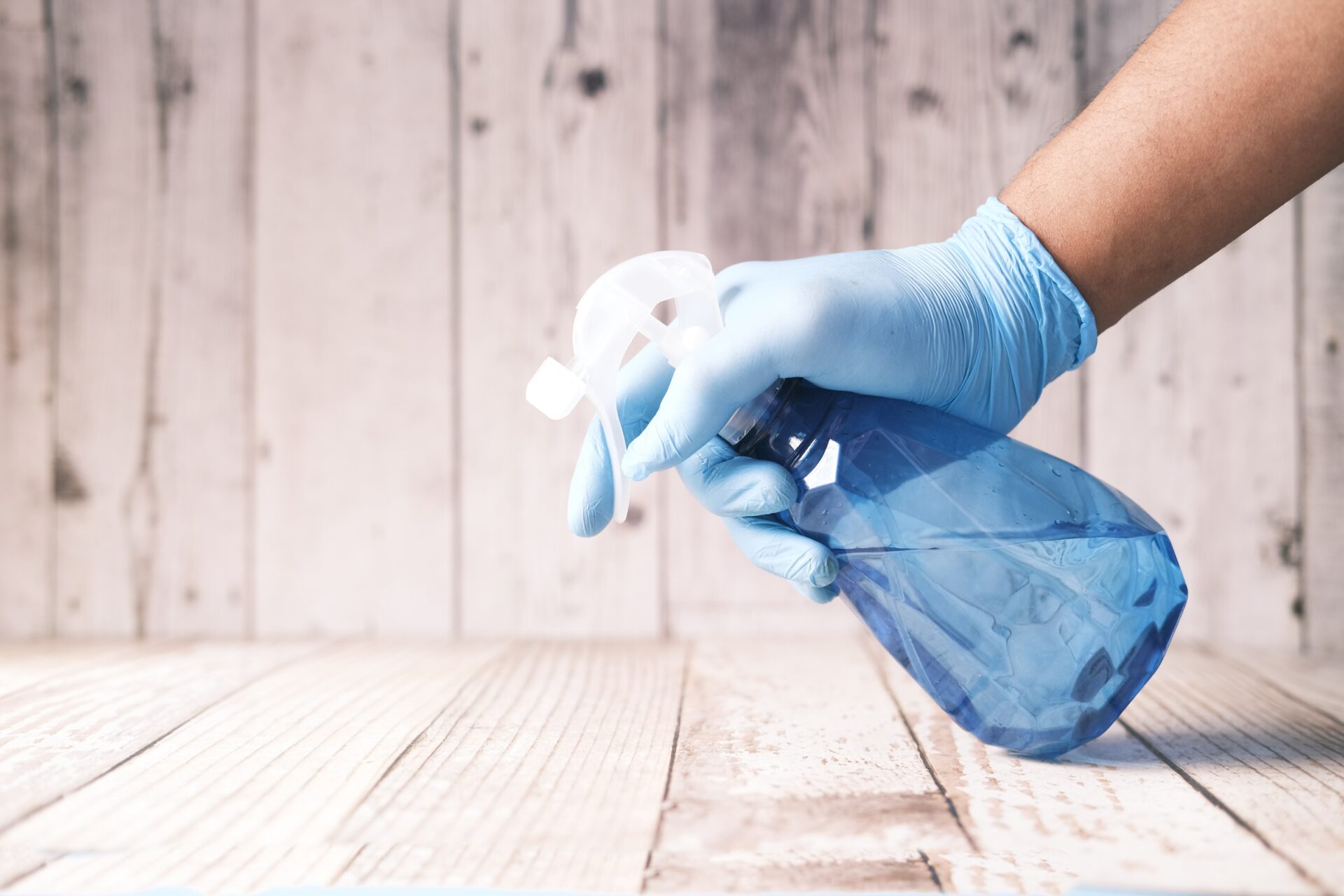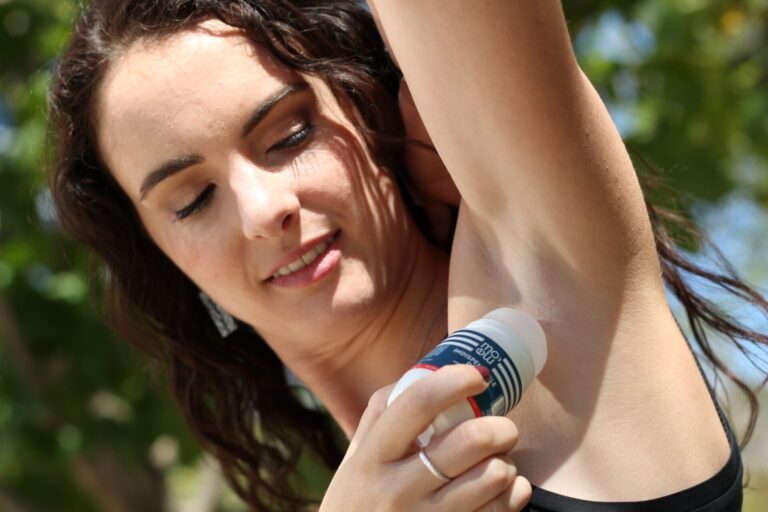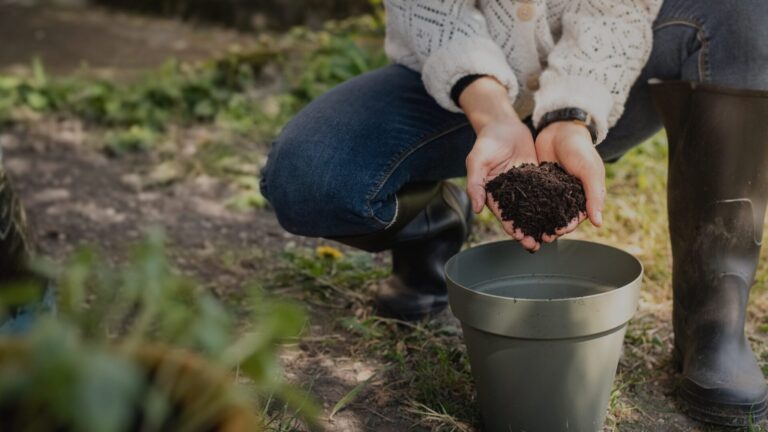In Japan, we have a tradition of cleaning the entire house at the end of year in December. It’s like spring cleaning during which we clean the house before the coming of the warm season.
I like the ritual of taking time to cleaning my place. It is a good time to check if I haven’t kept things that I no longer use.
Purify your home before the warm season
Spring is coming. The warm air invites us to open the windows, letting the air circulate inside the house. It is the perfect time to clean and open up the dusts accumulated during the cold seasons.
I used to buy designated detergents for each cleaning area. It also takes time to choose the right products from the increasing number of products available on market. They all emphasize on improving cleaning abilities. I can spend hours deciding which products to buy.
Then I learned about natural cleaning. It is actually possible to clean house using simple products, such as citric acid and baking soda. Those simple products are actually all we need to keep our house clean and work for most of stains.
Now that I employ natural cleaning, I am released from the relentless thinking of finding the right products. I experience that simple is the best solution.
I will show you simple products that you can buy to clean your house in Japan.
Natural Cleaning Guide
You can clean most stains using the following ingredients: citric acid, baking soda, sodium sesquicarbonate, sodium percarbonate, soap, and alcohol.
Citric Acid
Citric acid is perfect for deodorizing toilet floors and walls, and removing yellowing of toilet bowls. Mix 1 teaspoon of citric acid in 200 cc of water. Spray on the surface and wipe with a wet cloth to finish.
You can also remove water and soap stains with citric acid water. Spray the citric acid water on the surface and scrub with a sponge. Rinse it well with water.
To remove water stains from a pot, you can put 4 tablespoons of citric acid into a pot full of water. Boil water and let sit for 1 hour. Drain the water and rinse well with water.
You can also use citric acid to clean the dishwasher tank. Add 4 tablespoons of citric acid to an empty dishwasher. Run the machine normally.
Baking soda
Baking soda is an efficient ingredient to remove the burnt marks on a pot or a saucepan. Place 4 tablespoons of baking soda in a saucepan with 1 liter of water. Bring to a boil and simmer for 10 minutes. Turn off heat and allow to cool for 1-2 hours. Drain the water and scrub the burnt mark with a sponge or scrubber. Avoid using baking soda on aluminum pots, because it can discolor.
You can also remove tea stains using baking soda. Mix baking soda and water in the ratio of 2-3:1 to make a paste. Scrub tea stains off of pots and cups.
Sodium Sesquicarbonate
For oil stains on stoves and fans, add 1 teaspoon of sesquicarbonate of soda to 500cc of water and mix. For persistent stains, add 1 tablespoon of sodium sesquicarbonate. Spray the mixed water and wipe off the stain. For persistent stains, stick a piece of kitchen paper soaked in the mixed water. Leave for a while, then wipe off with a cloth soaked in the mixed water.
You can also clean cigarette stains, doorknobs, inside the refrigerator. Wipe the surface with a cloth moistened with sesquicarbonate mixed water.
Sodium percarbonate
Sodium percarbonate is great for removing tea, coffee stains, as well as bleaching and sterilization of clothes and dishes. Add 2 tablespoons of sodium percarbonate to 2 liters of water. Soak a mug or tumbler with persistent tea stains for 30 minutes. You can also add 2 tablespoons of sodium percarbonate to 2 liters of water. Add dishcloths and dishes, and leave to soak and wash for 30 minutes.
You can also use it to clean drains and pipes. Pour sodium percarbonate into drains. Pour 1 to 2 cups of water and leave for 1 to 2 hours. Flush out the water and wash.
To wash the bathtub, set the water level to high, add sodium percarbonate, and run the bathtub at 40°C. Leave it to run for 2 hours. Once again, heat the bathtub for 3 minutes. Drain and rinse in the shower.
Soap
Soap is great for cleaning air conditioning filters and ventilation fans. Put 20-50g soap powder in 500ml warm water to create soap jelly. Vacuum the dust from the filter. Place the air conditioning filter on a sheet of newspaper. Put soap jelly on the filter. Rinse immediately with water. For ventilation fans, apply soap jelly to heavily stained areas and let sit for 10 to 20 minutes. Wipe it clean.
Alcohol
Alcohol spray is great for disinfecting surfaces. Household appliances, remote controls and switches, cleaning closets and closets, tatami mats and carpets.
Just avoid using near fire. Ventilate well while cleaning.
Multi-Purpose Eco-Friendly Detergent
I use this for daily cleaning. Made of natural ingredients, this Japan-made detergent can be used for cleaning clothes to washing dishes. You can also dilute it with water and spray it to clean surfaces.
We also feel assured that it won’t pollute water system or sea. Environmental safety is important when we choose the cleaning product.















